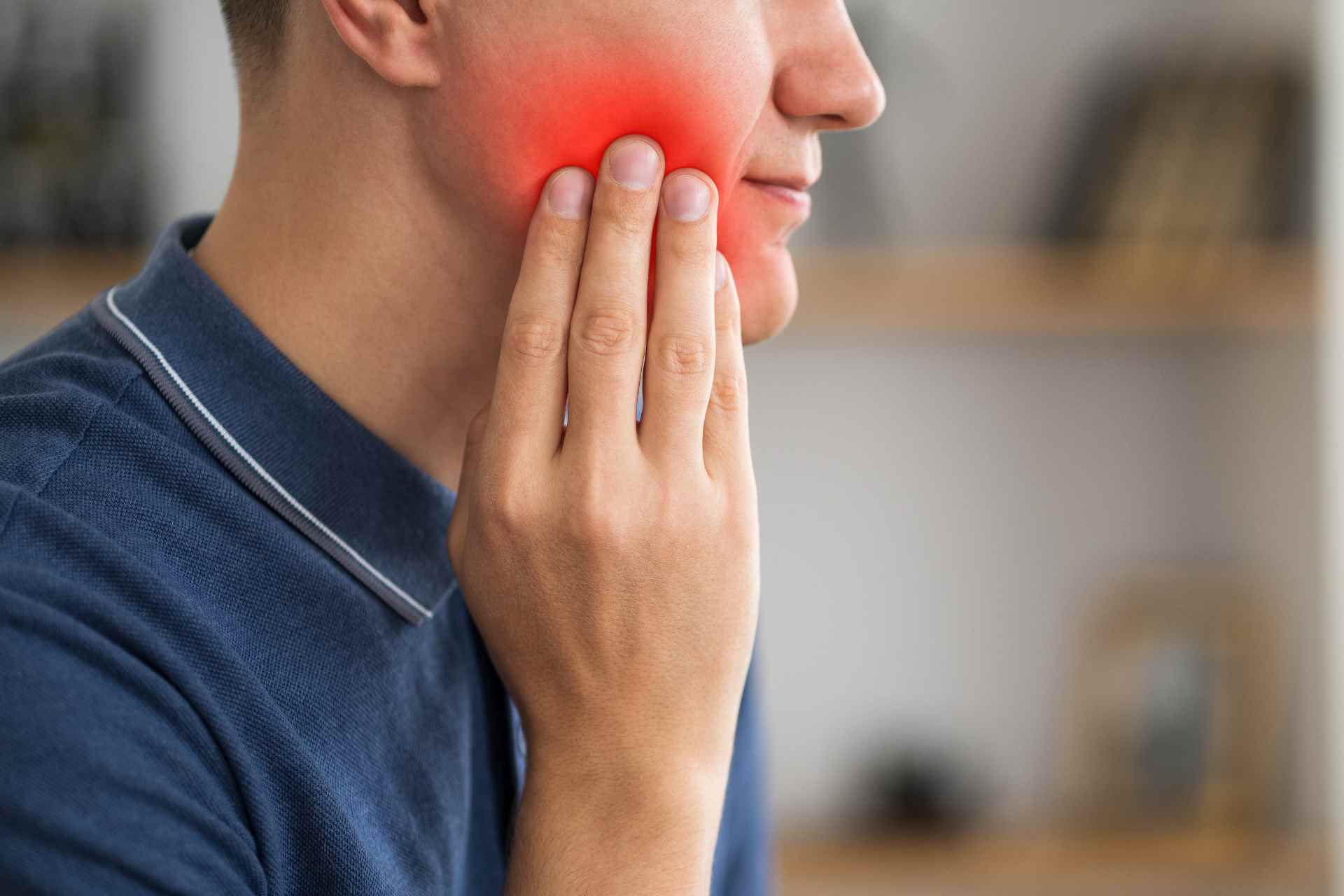What is already known
Periodontal disease — the infection and inflammation of the gums and bone that surround the teeth — affects about 47% of adults in the United States and is common in people with rheumatoid arthritis, an autoimmune disease that mainly attacks the joints. Scientists suspect that periodontal disease can trigger inflammation elsewhere in the body, but the mechanisms behind this process remain unknown.
What this research adds
Researchers analyzed blood samples and joint fluids from people with rheumatoid arthritis with and without periodontal disease. People with periodontal disease experienced repeated flare-ups of rheumatoid arthritis and had higher levels of oral bacteria in blood, where the microbes were targeted by specific immune cells. These cells released anti-citrullinated protein antibodies (ACPAs), a type of antibodies against an individual’s own proteins that are commonly observed in people with rheumatoid arthritis.
Conclusions
The findings suggest that periodontal disease may contribute to rheumatoid arthritis by triggering specific immune responses.
Periodontal disease — the infection and inflammation of the gums and bone that surround the teeth — affects about 47% of adults in the United States and is common in people with rheumatoid arthritis, an autoimmune disease that mainly attacks the joints. New research suggests that in people with rheumatoid arthritis and periodontal disease, oral bacteria can break into the bloodstream and trigger inflammation from immune cells.
The findings, published in Science Translational Medicine, indicate that periodontal disease may contribute to rheumatoid arthritis by triggering specific immune responses. “Future studies are needed to determine whether improved oral care may provide therapeutic benefit in the management of [rheumatoid arthritis],” the researchers say.
People with rheumatoid arthritis have an unusually high risk of periodontal disease, which can damage the oral mucosa, allowing mouth bacteria to enter the bloodstream. Scientists have suspected that periodontal disease could trigger inflammation elsewhere in the body, but the mechanisms behind this process have remained mysterious.
To investigate the link between the two conditions, a team of researchers led by William Robinson at Stanford University and Dana Orange at Rockefeller University analyzed blood samples and joint fluids from people with rheumatoid arthritis with and without periodontal disease.
Flare-up trigger
The researchers collected blood samples from five women with rheumatoid arthritis, some of whom had periodontal disease, each week over the course of one to four years. The team also examined joint fluids and plasma samples from two other groups of people with rheumatoid arthritis.
Compared to people without periodontal disease, those with the condition had higher levels of oral bacteria in their blood. The most common bacteria were Streptococcus species, which were also the most abundant microbes detected in mouth swabs.
People with periodontal disease also experienced repeated flare-ups of rheumatoid arthritis, the researchers found. The presence of oral bacteria in blood appeared to trigger the activation of immune responses in people with periodontal disease and rheumatoid arthritis flare-ups.
Contributing to inflammation
Further experiments suggested that oral bacteria in the blood activated specific immune cells, which released a type of antibodies that are commonly observed in people with rheumatoid arthritis. These antibodies, known as anti-citrullinated protein antibodies (ACPAs), are directed against an individual’s own proteins that have undergone citrullination — a reaction that converts the amino acid arginine into the amino acid citrulline.
The researchers discovered that bacteria enriched in the mouth of people with periodontal disease are highly citrullinated. The team also found that ACPAs bind citrullinated bacterial peptides from people with periodontal disease.
These and other experiments, the researchers say, “indicate that patients develop antibodies that bind citrullinated oral commensal bacterial proteins that are cross-reactive against known human citrullinated autoantigens.”
The findings also suggest, they add, “that [periodontal disease], through repeated mucosal breaks, results in recurring innate and adaptive immune activation that may contribute to the pathogenesis of [rheumatoid arthritis].”











